- Home
- Lab Supplies
.....Read More
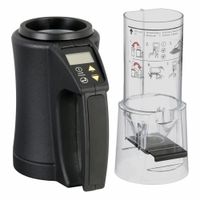
Agricultural & Soil Testing
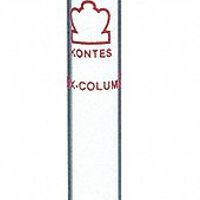
Chromatography
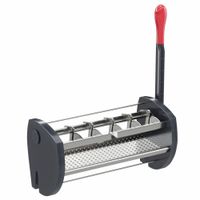
Cleanroom Supplies
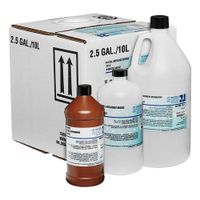
Lab Chemicals

Lab Cleaners & Detergents
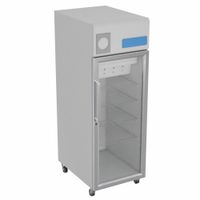
Lab Cooling & Refrigeration

Lab Diagnostics
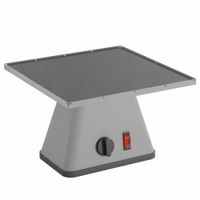
Lab Equipment

Lab Filters and Sieving
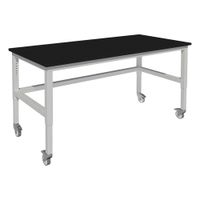
Lab Furniture & Accessories
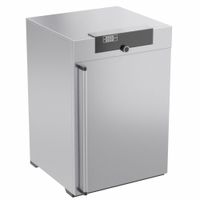
Lab Heating

Lab Instrumentation
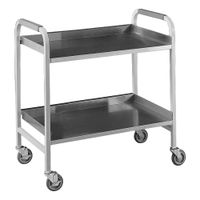
Lab Storage & Transport

Lab Utensils & Trays

Lab Ventilation & Enclosures
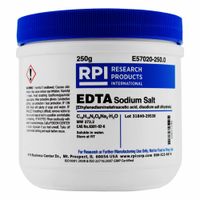
Microbiology & Molecular Biology Supplies
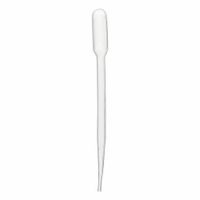
Pipetting & Liquid Transfer Products
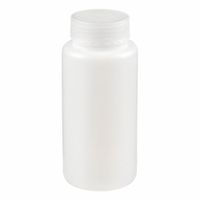
Plastic & Glass Containers & Closures
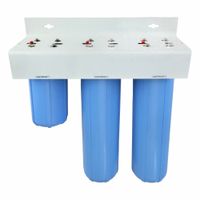
Water Purification & Wastewater Sampling
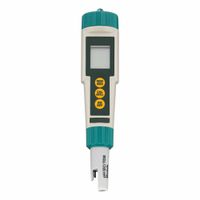
Water Testing Equipment & Meters
Frequently Asked Questions
What are the essential industrial lab supplies for production and research?
Where can I buy high-quality industrial lab supplies online?
What are the best brands for industrial lab equipment?
How much do industrial lab supplies typically cost?
What safety equipment is required for industrial lab work?
How do I choose the right lab supplies for my research needs?
What are the latest innovations in industrial lab supplies?
How can I ensure the accuracy of industrial lab equipment?
What are the most common industrial lab supplies used in manufacturing?
How do I maintain and calibrate industrial lab instruments?